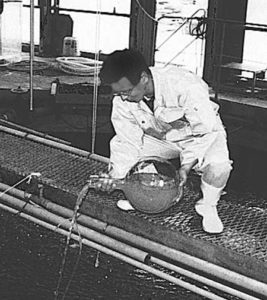
Probiotic bacteria repress viral diseases in aquaculture
Probiotic bacteria may inhibit the migration of viruses among cultured fishes and strengthen their immune systems.
In marine fish hatcheries, a mesocosm is a tank or pond in which a natural phytoplankton or zooplankton bloom is developed prior to stocking yolk-sac larvae.

Probiotic bacteria may inhibit the migration of viruses among cultured fishes and strengthen their immune systems.

Irradiation is exposing food to controlled levels of ionizing radiation, killing microorganisms without changing texture, flavor or nutritional value.
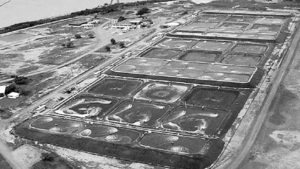
Results of this trial show it's possible to reestablish L. vannamei production in a WSSV-infected region, even with a continued viral source on the same farm.
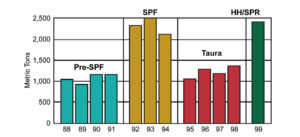
Recent successes have proven that breeding shrimp for fast growth and virus resistance is both feasible and highly effective.
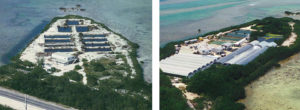
As shrimp hatcheries continue replacing wild postlarvae, it is important to examine other areas of their operation that relate to the environment.

Libraries have been produced from Pacific white shrimp containing many thousands of microsatellites, a source of potential markers for use in diverse applications.
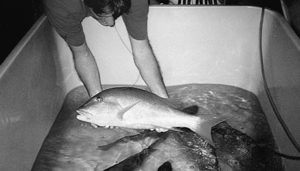
Prophylaxis and quarantine are mandatory steps prior to maturation, spawning, larval rearing and fingerling production in a marine fish hatchery.
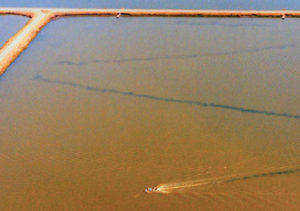
Excess nutrients from poor feeding regimes result in accumulated sludge on the bottoms of shrimp ponds, harming the environment and animal health.
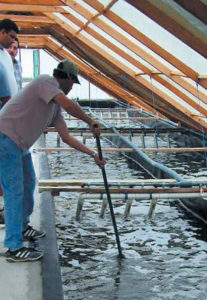
The use of intensive raceway nursery systems to produce juvenile shrimp under biosecure conditions is an important WSSV management tool.
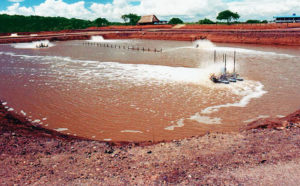
Results showed it is possible to grow shrimp in areas of Panama where WSSV is endemic, using biosecure, intensive systems.
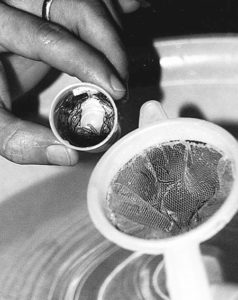
Diagnostic monitoring alone will not stop infectious diseases – effective vaccines and good husbandry and sanitary practices are also needed.

Some lesser-understoood shrimp immune functions may become tools for improved disease control in the future.
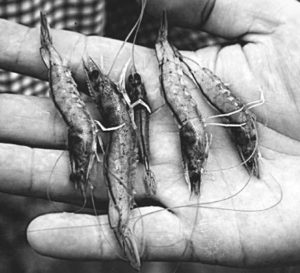
Environmental stresses affect the immune response of shrimp in a dose-dependent way, increasing susceptibility to disease.
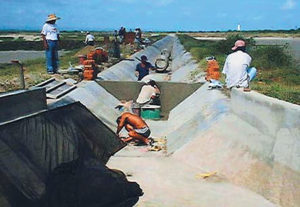
An experiment with WSSV in Peru produced good survival rates in an area where the virus is established and where other efforts have failed.
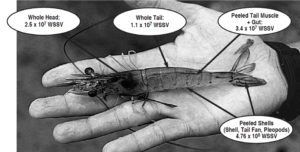
Study confirms that small “green frozen shrimp tails” from emergency harvesting due to the onset of WSSV contain large amounts of the virus.